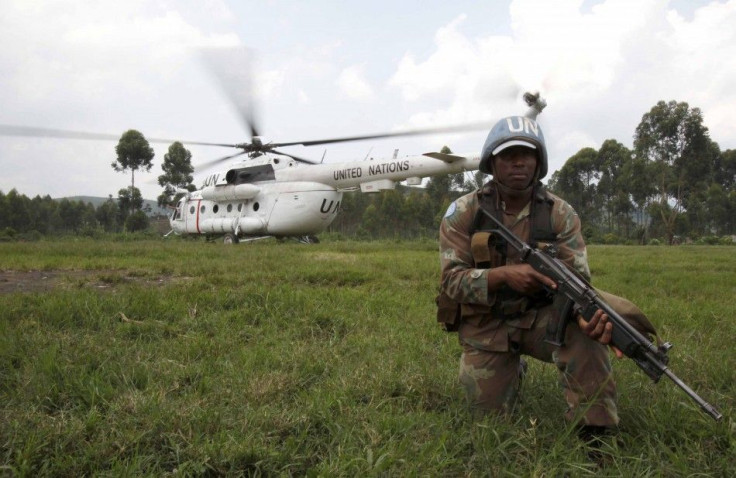UN renews Congo Peacekeepers in light of rape epidemic

The United Nations Refugee Agency reported this month that 170 women were raped during a raid on a village by an armed group in the Democratic Republic of Congo (DRC). Women between the ages of 17 and 90 were sexually assaulted. The paramilitary group also stole medicine, goats, motorcycles and cell phones.
In response, the Security Council renewed the Peacekeeping mandate in the DRC, meaning that UN troops will stay in the country until June 30, 2012. Citing Congolese President Joseph Kabila's inability to control parts of his nation, the UN Security Council voted unanimously to continue the MONUSCO mission and to reduce to a minimum the threat from armed groups and [restore] stability in sensitive areas.
The situation in the eastern Democratic Republic of the Congo remains fragile, Secretary-General Ban Ki-moon said.
Peacekeepers were already dispatched to the territory of Fizi, where the rapes took place. There are roughly 20,000 UN troops in the Congo, the biggest force anywhere in the world. Yet, even with such a large headcount, armed groups still roam the country after a civil war that killed 5 million people ended in 2003.
Congo is known as the rape capital of the world, mostly due to the county's near-lawless east, which is patrolled by gangs and militias. In April, the UN High Commissioner for Refugees said that an average of 14 rapes are reported each day, but the real numbers could be much higher considering that many survivors keep silent for fear of being ostracized.
The UNHCR said it was disturbed by the lack of justice and prevailing impunity. In the past ten years, at least 200,000 cases of sexual violence have been recorded in the country.
Sadly, even when perpetrators are caught, they are often set free in just a few days.
One-third of all reported assaults in DRC occur in far east part of the nation, in the North and South Kivu provinces. There are about 1.4 million refugees and internally displaced persons in the area.
The international agency is providing services and counseling for victims in the Congo. They are also distributing fuel-efficient stoves, since many sexual assaults occur when women leave their villages looking for firewood.
Special Representative on Sexual Violence in Conflict, Margot Wallström has called the endemic a result of conflicts and war and the absence of peace in the DRC... It is possible to fight sexual violence and find solutions; we must fight against impunity.
© Copyright IBTimes 2024. All rights reserved.




















